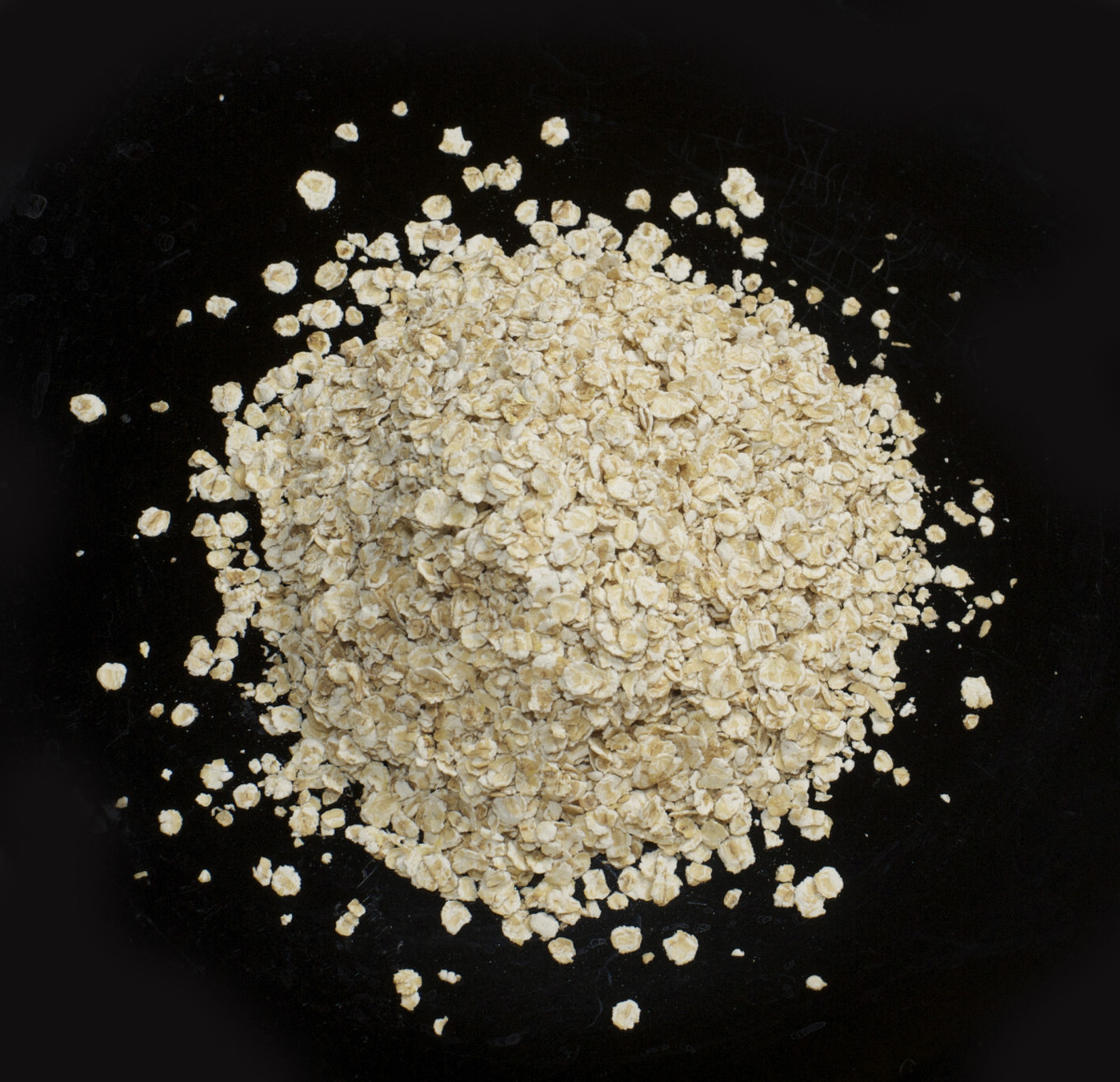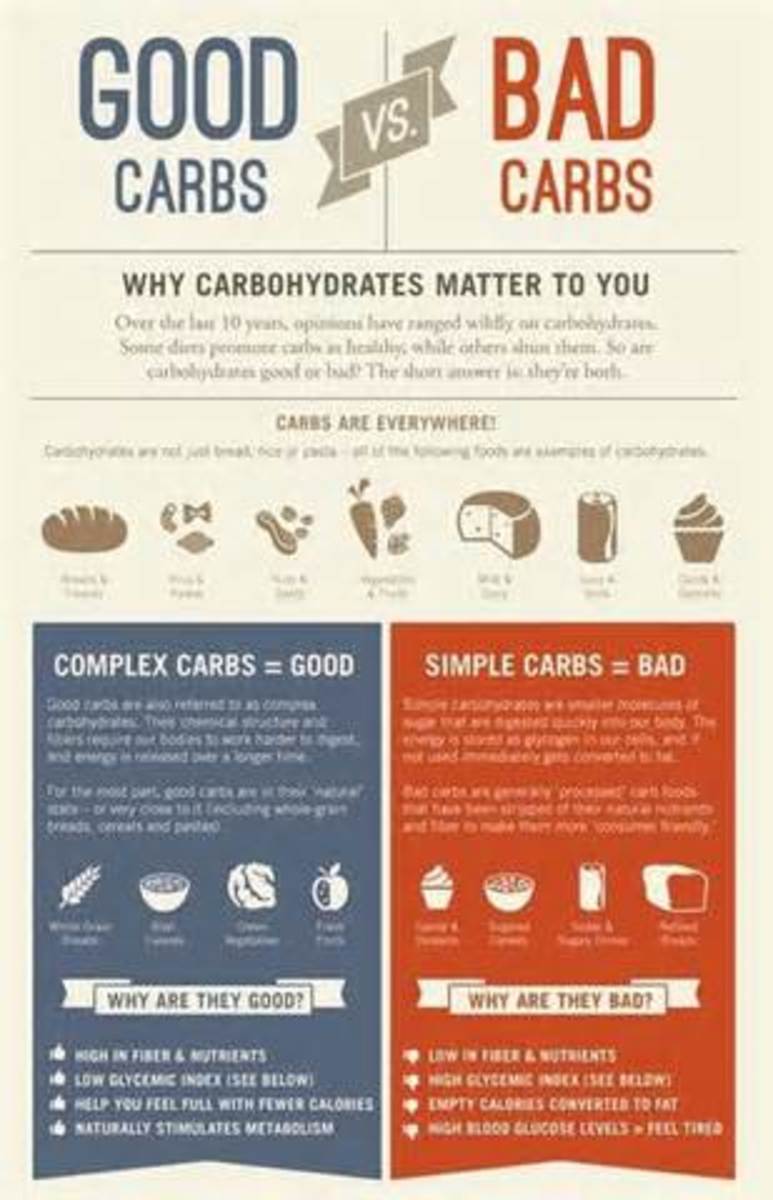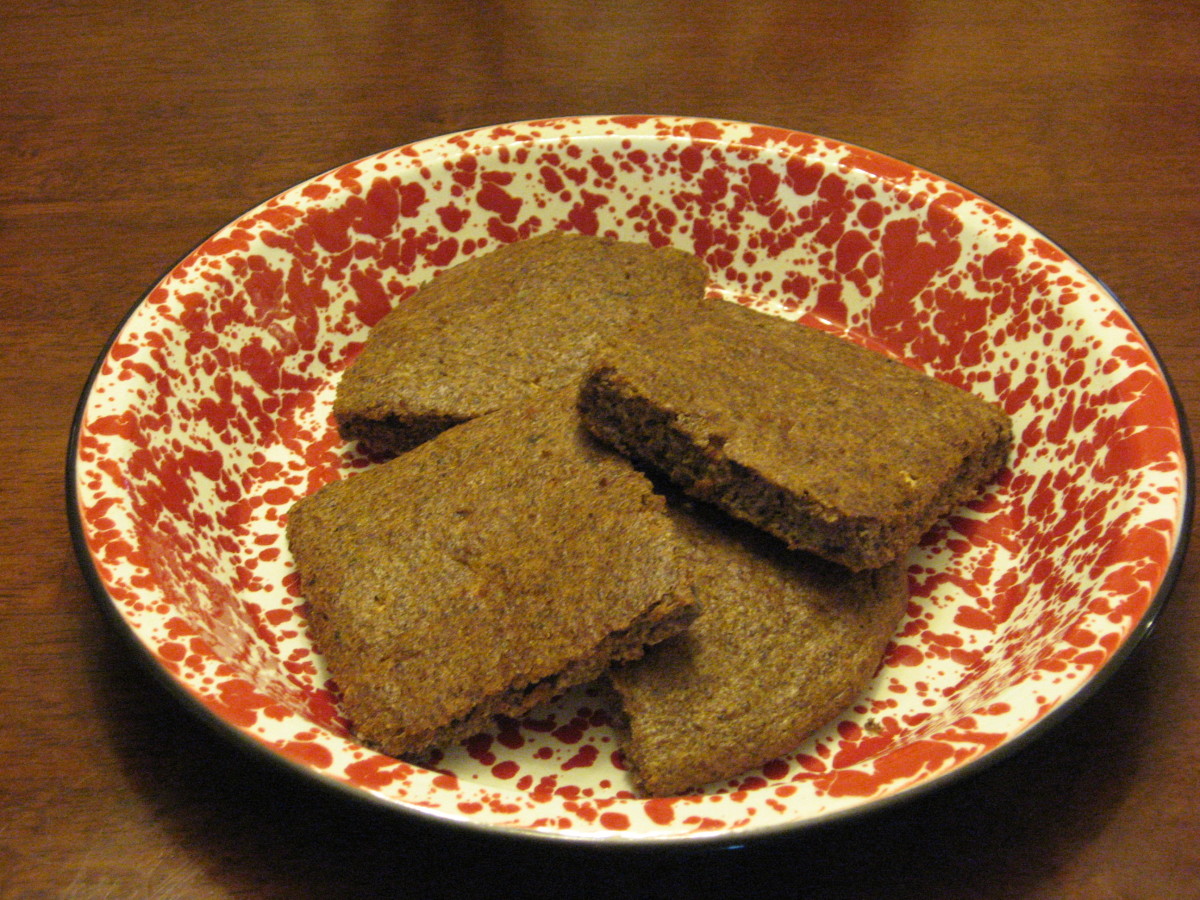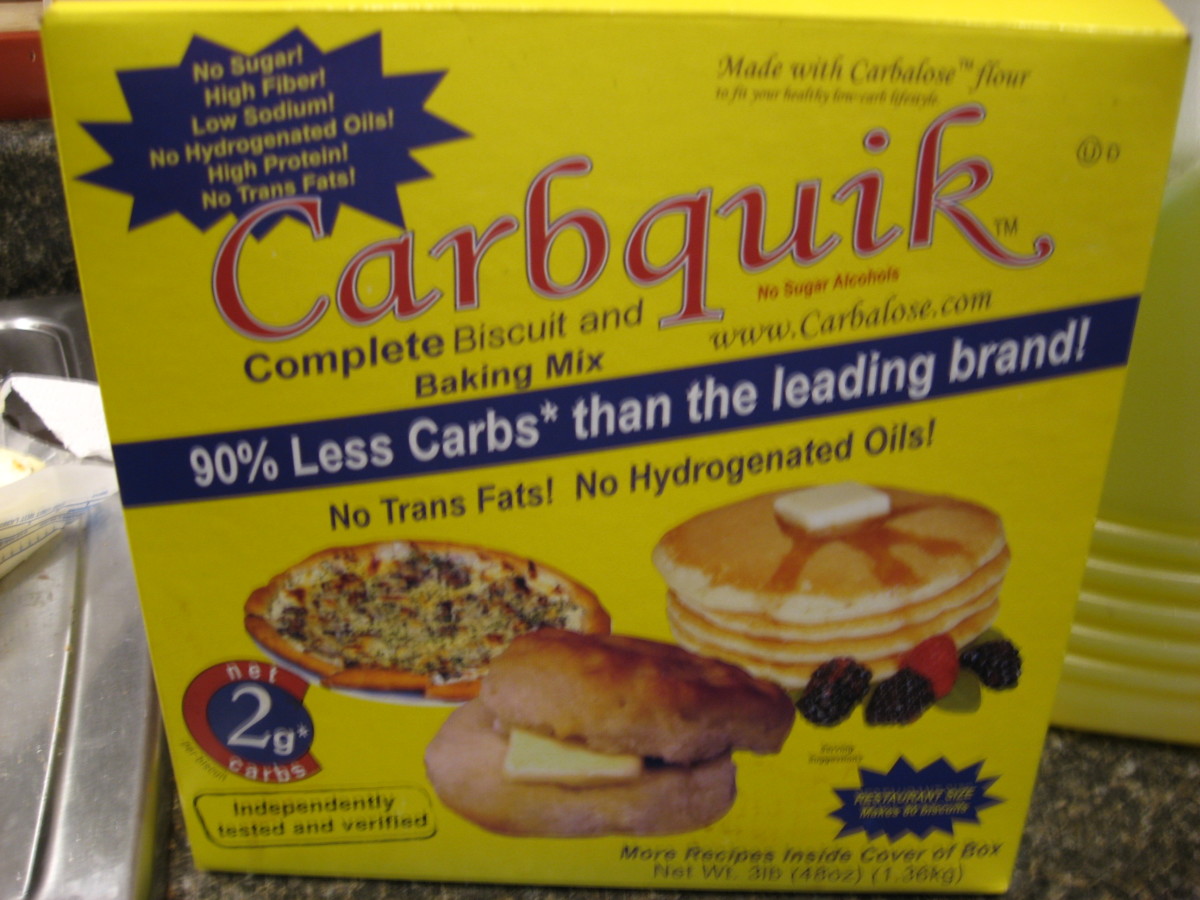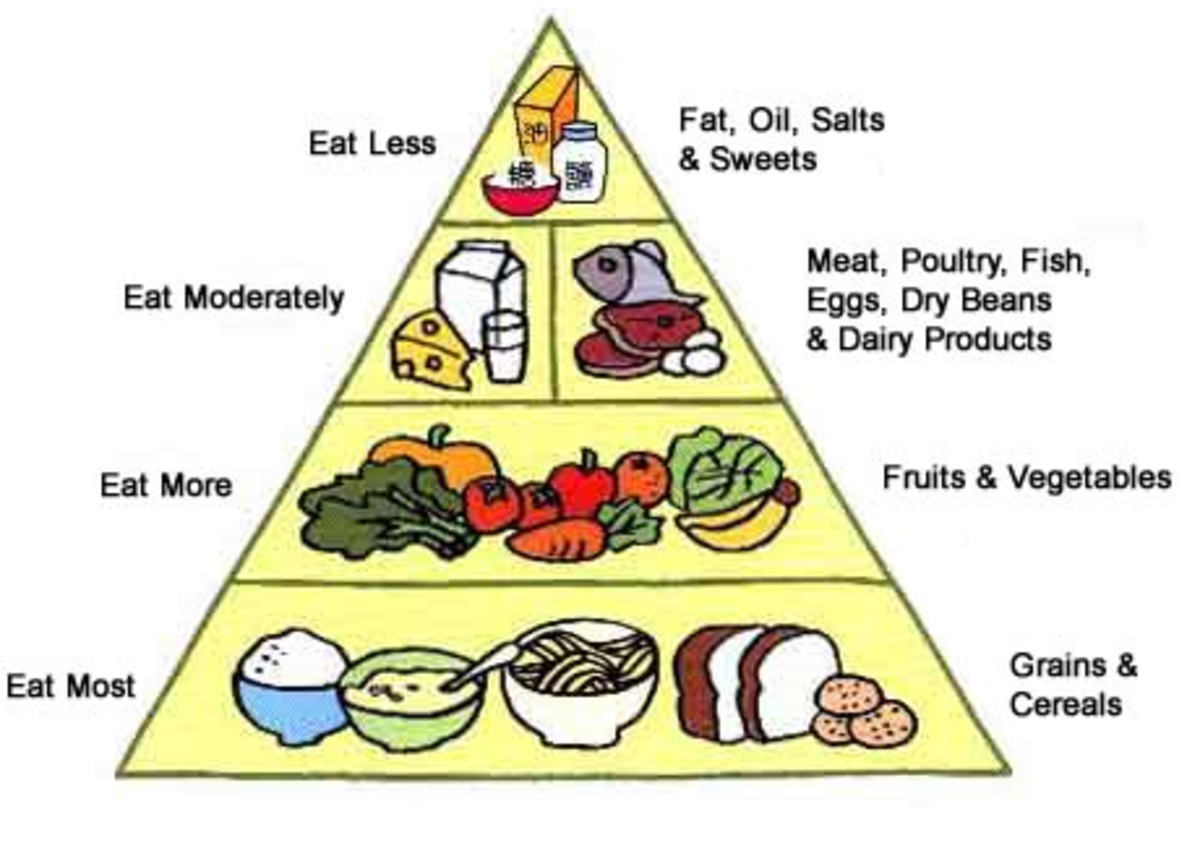Additional Health Benefits of a Ketogenic Diet
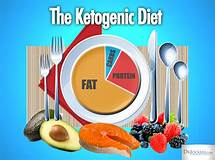
Introduction
The benefits of a Ketogenic Diet are based more on the fact that it is based on a natural ingredient list, with the idea of reducing carbohydrates to an absolute minimum while absolutely eliminating processed foods from your diet. There is more to the Ketogenic Diet than those ads that say you will lose an immense amount amount of weight in just a few weeks, but your health and wellness as a whole. Upon returning to an overall natural state of nutrition there is the potential for improved immunity, increased metabolism, improved brain function and focus, as well as much more.
It is one of the most helpful concepts to eat organically and from a natural pasture… If you are to choose locally grown foods and grass-fed meat, poultry and eggs, there is much more to be gained from the nutrients included. There are some places that list over 40 additional health benefits to the Ketogenic Diet, on top of weight loss. More than fighting disease, the benefit of the Ketogenic Diet include increased energy, anti-aging, skin clarity, mental clarity and sharpness, reduced inflammation and even more.`
Benefits of the Ketogenic Diet: More than Weight Loss
While obesity and weight loss are usually the most pressing issues, and while the loss of body fat can be one of the most immediate solutions to health improvement, there is so much more to it than that. With the removal of things like sugars, processed ingredients and preservatives we have the ability to maintain incredible health without the thousands of drugs and supplements that are constantly forced on us as “necessary.” Many of the specific illnesses that can be treated, at least partially, by the Ketogenic Diet include:
-
Type II Diabetes
-
Heart Disease, Coronary Disease
-
Muscle and Bone Strength
-
High Blood Pressure
-
Obesity
-
Cancer
-
Autism
-
Epilepsy
-
Dementia, Alzheimer’s and other Neurodegenerative Disease
-
Autoimmune Conditions
-
Depression
-
Anxiety
-
Chronic Fatigue
-
Fibromyalgia
Cancer
To be clear, most information about the Ketogenic diet and its ability to prevent cancer is actually over-promotion. There has only been a small amount of research done to date, and there really has not been any controlled research done on humans as of yet. Some of the published results have highlighted potential benefits for colon, gastric and prostate cancer in studies that were completed on animals.
Regarding the few case studies that have been completed on humans, though small, they appeared to not only prevent onset (as the studies on animals did), but also slowed or even stopped disease progression. Dom D’Agostino’s lab published an article in 2014 entitled “Ketone supplementation decreases tumor cell viability and prolongs survival of mice with metastatic cancer.”
Cancer cells express an abnormal metabolism characterized by increased glucose consumption owing to genetic mutations and mitochondrial dysfunction. Previous studies indicate that unlike healthy tissues, cancer cells are unable to effectively use ketone bodies for energy. Additionally, ketones are shown to inhibit the proliferation and viability of cultured tumor cells.
Type II Diabetes
When we eat carbs, they are broken down into simple sugars (glucose) in the digestive tract, then they enter the bloodstream and elevate blood sugar levels. Because high blood sugars are toxic, the body creates insulin, a hormone that tells body cells to burn or store the sugar. In healthy people a fast insulin response minimizes the spike in blood sugar that can be harmful to the body. Type II Diabetes, however, occurs in many people as their bodies wear down and no longer respond to this system positively. Their cells no longer recognize the insulin and the body cannot process blood sugar. This disease then requires insulin injections to help maintain a healthy blood sugar level, since the body eventually stops producing enough insulin to maintain sugar levels.
Type II Diabetes is very common, affecting about 300 million people worldwide. The simplest solution to this problem is to limit the carbohydrates being taken in, removing the need for so much insulin. Both blood sugars and insulin go way down. According to Dr. Eric Westman, who has treated many diabetics with a low-carb approach, their insulin dosage needs reduced by half on the first day of treatment. In one study in type 2 diabetics, over 95% of those involved had reduced or eliminated their need for medication within six months. That is a large number, and makes the idea definitely worth considering.
High Blood Pressure, Cholesterol and Heart Disease
High blood pressure, or hypertension, is a risk factor for many diseases. This includes heart disease, stroke, kidney failure and many more. A low-carb diet, like the Ketogenic diet, can help reduce blood pressure in people with hypertension, reducing these risks. We also have high-density lipoprotein (HDL) which is referred to as “the good cholesterol” even though it isn’t cholesterol at all. Cholesterol molecules are actually all the same, while HDL and LDL refer to the lipoproteins that carry cholesterol around in the blood.
So, it is important to remember the two different functions of HDL and LDL in the body and how they transport cholesterol. LDL carries cholesterol from the liver out to the rest of the body, while HDL carries cholesterol away from the body to the liver, where it can be reused or excreted. It has become well-known that higher levels of HDL will reduce the risk of heart disease. And, it is important to know that the best way to increase HDL levels is to eat fat, which does against most all of the “healthy” eating methods that have been promoted for nearly a century now.
Low-carb diets include a lot of fat. Therefore, it is not surprising to see that HDL levels increase dramatically on low-carb diets, while they tend to increase only moderately or even go down on low-fat diets. The HDL ratio is a very strong predictor of heart disease risk, and by lowering triglycerides and raising HDL levels, this risk can be reduced. This can be completed very simply with a low-carb diet.



